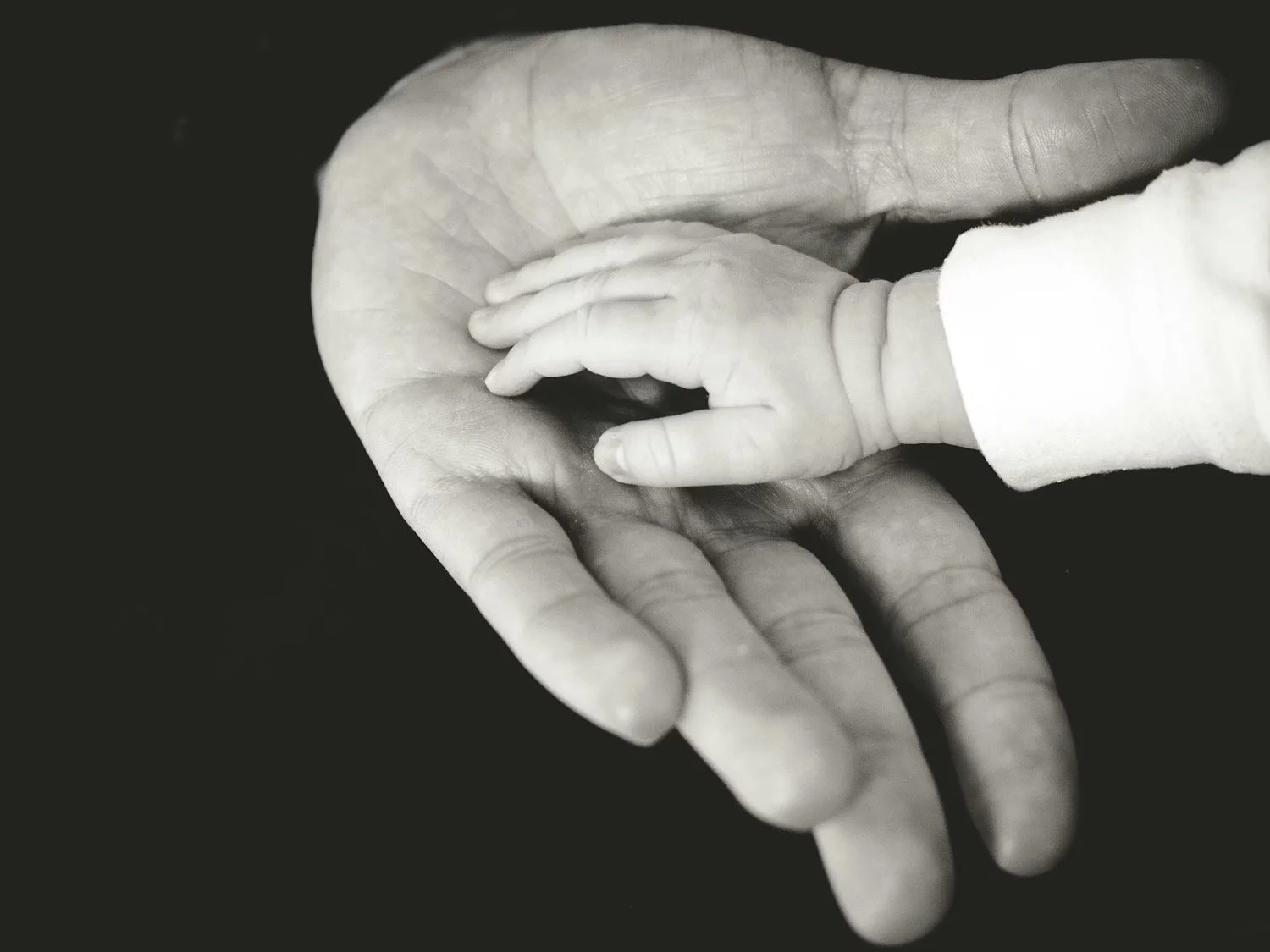Readings for today: Acts 20:1-3, Romans 1-4
What is faith? Some believe it to be wishful thinking. Some believe it to be blind hope. Some confuse it with a feeling. Some think it utter foolishness. And perhaps it is on some level. Depending on what we believe or rather, who we believe in. For example, I have many friends who place their faith in themselves. They believe they are smart enough and strong enough and charismatic enough to make their way in the world. But age catches up with them. The world changes on them. Suddenly, their wisdom fails, their strength fades, and their influence on those around them wanes. Another example. I have many friends who place their trust in human progress. They believe the world will get better given enough time. But then a genocide breaks out. An atrocity takes place. A heinous crime is committed. And we are reminded that for all the technological advances we’ve made, we just can’t seem to escape the depravity of the human condition.
In the Bible, Abraham is considered the “father of faith.” He is the one who models faith for us. He is the one who shows us what faith looks like in real life and in real time. Over and over again, the Apostle Paul will point to Abraham and say, “he believed God and it was credited to him as righteousness.” In fact, one of my favorite definitions of faith comes right out of Romans 4:18-22. “Abraham believed, hoping against hope, so that he became the father of many nations, according to what had been spoken: So will your descendants be. He did not weaken in faith when he considered his own body to be already dead (since he was about a hundred years old) and also the deadness of Sarah’s womb. He did not waver in unbelief at God’s promise but was strengthened in his faith and gave glory to God, because he was fully convinced that what God had promised, he was also able to do. Therefore, it was credited to him for righteousness.” Abraham believed. Why? Because of the promise given to him by God. His belief was not based on anything earthly. All evidence of him becoming a father, much less the father of many nations, seemed to be to the contrary. But Abraham’s faith was not blind. He trusted God. In fact, he did not waver in unbelief because he was fully convinced God was able to do what He had promised. This last part is the key. Trusting in God’s ability to do what He has promised.
What has God promised? He has promised to redeem our world. He has promised to restore all creation. He has promised to save those who place their trust in Him. Is God able to deliver on His promise? Yes. He is more than able. What else has God promised? He has promised, as a good Father, to give good gifts to His children. To provide for them. To protect them. To bless them. To convict them. To discipline them. To use all things - including the good, bad, and ugly of life - for the good of those who love Him. Is God able to deliver on these promises? Yes. He is more than able. And the testimonies of Christians around the world today and throughout history provide all kinds of evidence to back it up. So what about you? Do you believe? Have you placed your trust in God alone? Have you staked your life and your future on His promises? Do you walk by faith and not by sight?
Readings for tomorrow: Romans 5-8




